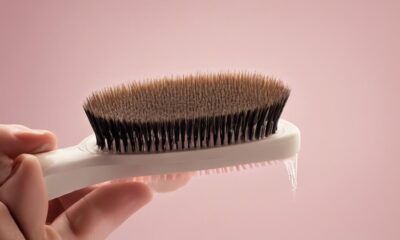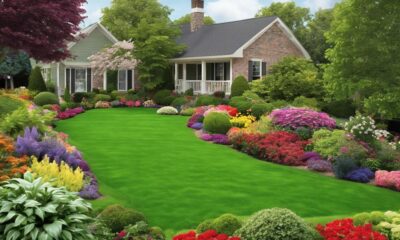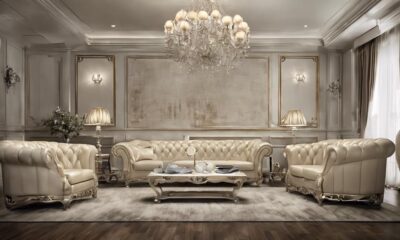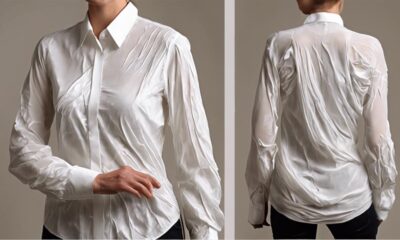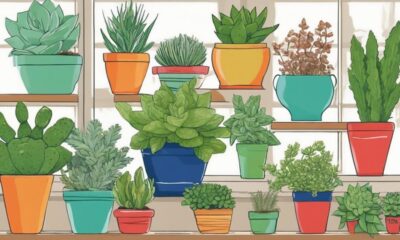Beginners Guides
Sustainability Path: Zero Emission Cruise Ship by Hurtigruten in Norway
Bask in the revolutionary journey of Hurtigruten's zero-emission cruise ship, redefining sustainable maritime travel with unprecedented innovations.
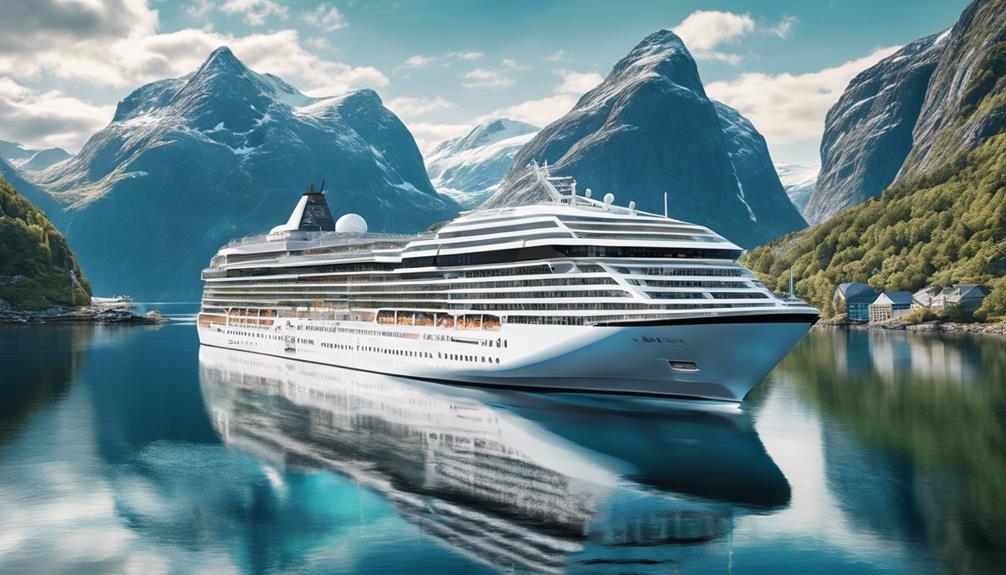
As we explore Hurtigruten's ambitious journey toward a zero-emission cruise ship in Norway, we witness a pioneering approach to sustainable maritime travel. The development of this groundbreaking vessel raises questions about the future of eco-conscious cruising and sets a new standard for the industry.
By embracing cutting-edge technology and fostering strategic partnerships, Hurtigruten paves the way for a more environmentally friendly approach to ocean exploration. The implications of this endeavor extend far beyond the seas, sparking conversations about innovation, responsibility, and the possibilities for a greener future.
Key Takeaways
- Integration of retractable wing rigs for solar and wind energy
- Collaboration with SINTEF for sustainable solutions and innovation
- Investment in green upgrades to reduce emissions
- Commitment to achieve zero-emission cruise ships by 2030
Groundbreaking Zero-Emission Ship Design
In our analysis of the groundbreaking zero-emission ship design by Hurtigruten, we observe the integration of three retractable wing rigs for harnessing solar and wind energy. These innovative wing rigs, towering up to 164 feet when fully extended on the ships, represent a significant leap in utilizing renewable energy sources to power maritime transportation. The incorporation of solar and wind energy technologies in the ship design not only enhances energy efficiency but also aligns with sustainability awareness objectives.
Hurtigruten's pioneering approach to ship design goes beyond mere functionality. The first zero-emission ship, measuring 443 feet in length and designed to accommodate 500 guests, showcases a commitment to pushing the boundaries of environmentally friendly travel. Guests onboard will have the opportunity to track their energy consumption through a dedicated mobile app, fostering a culture of sustainability consciousness.
As the project progresses through its two-year testing phase in Norway, the focus remains on implementing cutting-edge technologies that promote energy efficiency and sustainability. This forward-looking initiative heralds a new era in maritime transportation, where innovation and environmental responsibility converge to shape a more sustainable future.
Innovative Sustainable Technologies Used

Utilizing a combination of retractable wind and solar sails, advanced AI-guided bridge technology, underwater air lubrication, a substantial 60MWh battery bank, and hydrodynamic retractable thrusters, the zero-emission cruise ship by Hurtigruten incorporates a range of innovative sustainable technologies for energy generation, navigation efficiency, drag reduction, energy storage, and propulsion enhancement.
The retractable wind and solar sails harness renewable energy sources, reducing the reliance on traditional fuels. The integration of advanced AI-guided bridge technology enhances navigation precision, optimizing routes for energy efficiency. Underwater air lubrication minimizes drag, improving energy efficiency by reducing resistance.
The large battery bank, with a capacity of 60MWh, stores excess energy generated from renewable sources, ensuring sustainable electric propulsion. Additionally, the hydrodynamic retractable thrusters contribute to the ship's propulsion efficiency, enhancing overall performance while reducing environmental impact.
This innovative ship design showcases a holistic approach to energy efficiency and sustainable practices, aligning with the vessel's zero-emission goal.
Partnership With Leading Research Organization
Our collaboration with SINTEF, a renowned research organization in Norway, focuses on developing sustainable and energy-efficient solutions for our zero-emission cruise ship. By partnering with SINTEF, we leverage their expertise in technology and innovation to drive advancements in maritime research and cutting-edge ship design. Together, we're working towards the ambitious goal of achieving a fully zero-emission cruise ship by 2030.
SINTEF's contributions are invaluable in guiding us towards sustainable practices and energy-efficient technologies that will shape the future of cruising. Through this collaboration, we aren't only enhancing our own operations but also contributing to the broader maritime industry's shift towards more eco-friendly solutions. SINTEF's dedication to pioneering research aligns perfectly with our vision for a greener, more sustainable future, making this partnership a cornerstone of our sustainability efforts.
With SINTEF's support, we're confident that we'll continue to drive innovation and set new standards in sustainable cruise ship design, ultimately redefining the possibilities for environmentally friendly maritime transportation.
Commitment to Environmental Preservation

With a substantial investment of approximately 100 million euros, Hurtigruten is enhancing its environmental commitments by implementing green upgrades aimed at reducing CO2 emissions by 25% and NOx emissions by 80%. The company's dedication to environmental preservation is evident through various initiatives:
- Banning Single-Use Plastics: Hurtigruten has taken a proactive stance by eliminating single-use plastics onboard its ships, demonstrating a strong commitment to sustainability and reducing marine pollution.
- Utilization of Certified Biofuels: By using certified biofuels from sustainable sources, Hurtigruten is actively working towards minimizing its carbon footprint and promoting eco-friendly cruising practices.
- Incorporation of Innovative Technologies: Through retrofitting three ships for hybrid-power use and focusing on energy efficiency, Hurtigruten is at the forefront of incorporating innovative technologies to reduce carbon emissions and showcase environmental responsibility in the cruise industry.
Advancing Towards Greener Maritime Practices
Hurtigruten's significant investment in green upgrades to transform three ships to hybrid-power use marks a pivotal step towards advancing greener maritime practices and setting new industry standards for environmental responsibility. By investing approximately 100 million euros, the company is on track to reduce CO2 emissions by 25% and NOx emissions by 80%, showcasing a strong commitment to sustainability.
Through initiatives like the Sea Zero project, Hurtigruten aims to develop zero-emission ships for the Norwegian coast by 2030, demonstrating a dedication to environmentally friendly practices. By collaborating with partners such as SINTEF, Cavotec, and DNV, Hurtigruten is actively researching and developing cutting-edge technologies for energy efficiency and sustainability.
How Does a Zero Emission Cruise Ship Contribute to a More Sustainable Cruise Experience?
As the demand for sustainable travel grows, zero emission cruise ships are providing a greener alternative for vacationers. These ships utilize eco-friendly propulsion systems, such as hydrogen fuel cells and battery power, to significantly reduce greenhouse gas emissions. This offers a more environmentally friendly option for travelers seeking tips for a third passenger cruise.
Conclusion
To sum up, Hurtigruten's zero-emission cruise ship represents a beacon of hope for the future of sustainable maritime travel. By pioneering innovative technologies and forging partnerships with research organizations, the company is setting a high standard for eco-friendly cruising.
As the saying goes, 'actions speak louder than words,' and Hurtigruten's commitment to reducing environmental impact through cutting-edge design and practices is a clear demonstration of responsible stewardship in the maritime industry.
- About the Author
- Latest Posts
Introducing Ron, the home decor aficionado at ByRetreat, whose passion for creating beautiful and inviting spaces is at the heart of his work. With his deep knowledge of home decor and his innate sense of style, Ron brings a wealth of expertise and a keen eye for detail to the ByRetreat team.
Ron’s love for home decor goes beyond aesthetics; he understands that our surroundings play a significant role in our overall well-being and productivity. With this in mind, Ron is dedicated to transforming remote workspaces into havens of comfort, functionality, and beauty.
Beginners Guides
Tips for Painting a Couch
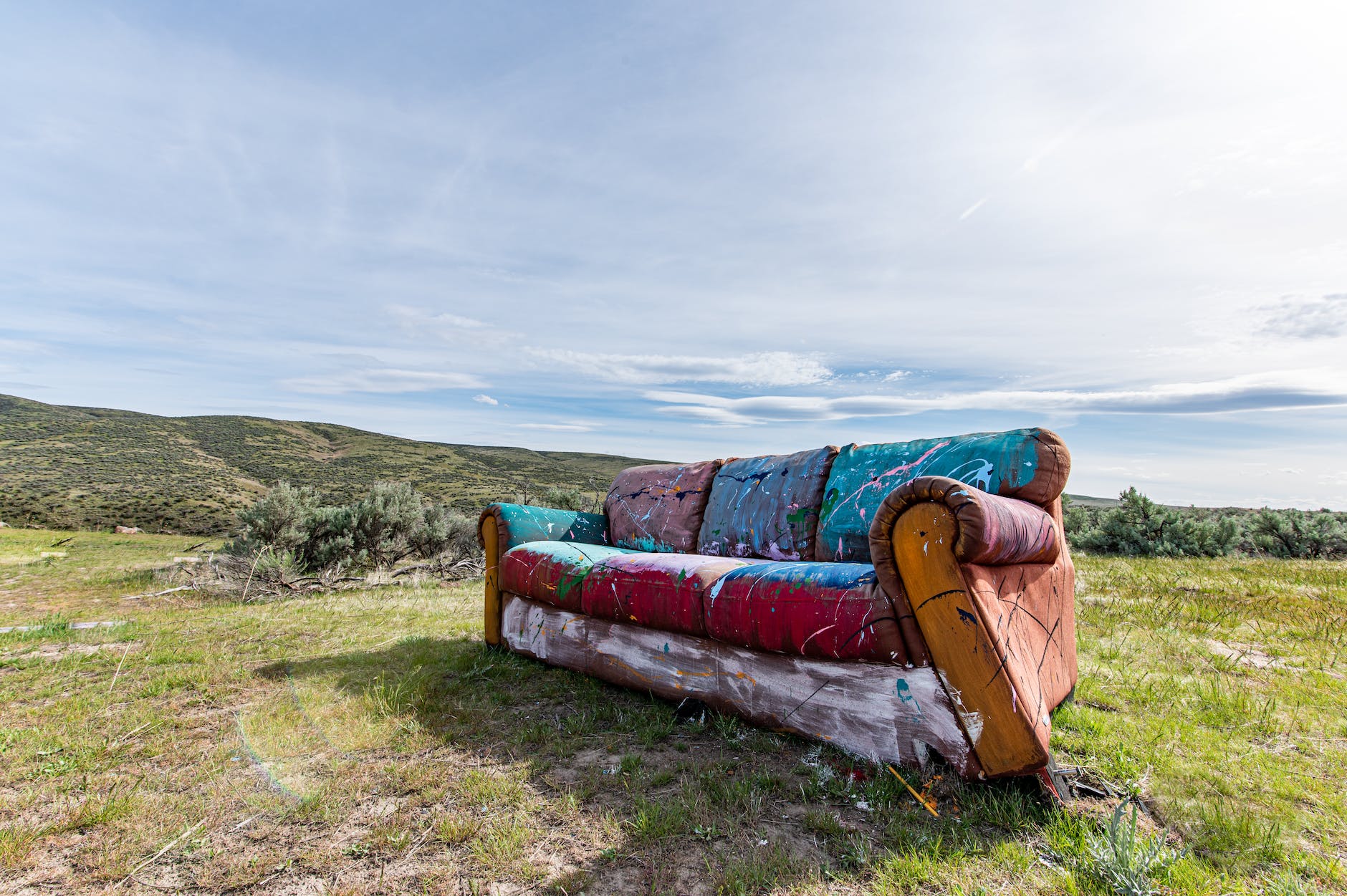
Here are some crucial pointers, whether you are painting a sofa or altering its color. It is essential to utilize only high-quality paint. Paint composed of low-quality materials will not yield the same results and will likely crack once dried. For upholstery, it is recommended to use fabric paint for optimal results. This will provide a seamless finish without making the sofa feel stiff.

Chalk paint on a couch
Before applying chalk paint on a couch, it is important to prepare the surface. To remove paint, use Goo Gone and wash the surface with warm water. Dry the piece completely. Lightly sand any areas that are rough with 220 grit paper. The entire couch doesn’t have to be sanded.
After you have prepared the surface you can paint the couch. A spray bottle or a brush are the best tools for applying the paint. This will allow the paint to penetrate fabric fibers. Even after multiple coats, it will last for years. To reach into buttons and crevices, you can use a paintbrush. Between coats, let the fabric dry completely. To protect your couch, apply a clear wax.
Oil-based paint
If you are looking for a long-lasting finish, oil-based paint is the best choice. It adheres to most surfaces and leaves a rich, lacquer-like appearance. This is the best option for high-traffic areas like a couch. You can also get this type of paint in flat, satin, or glossy finishes.
Before you start painting, be sure to understand the differences between oil and water-based paints. Water-based paint won’t stick well to oil-based paintings. Use rubbing alcohol to test the paint’s adhesion. Dip a white cloth in rubbing alcohol, and rub the wall with it. Water-based paints will transfer to a clean cloth easily, while oil-based paints will not.
Use fabric paint
If you want to paint your couch using fabric paint, you will need some basic tools. To paint the upholstery with fabric paint, you will need a nylon paintbrush, a drop cloth and a paint container. To add durability and prevent the paint from peeling, you may use sealing wax. To ensure that the paint spreads evenly, you may want to dampen your fabric with plain water.
After you’ve painted your couch, allow it to dry completely before applying the second layer. You should wait no more than an hour between each coat to ensure the paint does not dry too quickly.
Sanding
These are some helpful tips for painting a couch. Preparing furniture for painting is as simple as sanding. This is essential as you will want to inspect the final product before you start. It is important that you see the finished piece before you start painting.
Sanding furniture is crucial to ensure paint adheres properly. This will ensure that your new coat of paint will adhere to the furniture with a smooth and even finish. The furniture can be sanded with either an orbital or hand sander, depending on its condition. You will need 150-grit Sandpaper for this step. You can also use sanding blocks to reach hard-to-reach places.
Use a tack cloth
You can make your own tackcloth if you don’t have enough money to purchase a professional painter’s cloth. The basic cloth should measure approximately twelve by twenty-four inches. It doesn’t matter what size you choose. Just soak it in water, then dry it. Fold it in multiple layers.
It is not difficult to choose a tackcloth, but it is essential to do your research. It is crucial to make sure that the tackcloth doesn’t leave wax residue after drying, and doesn’t bleed paint. Tack cloths are suitable for small projects but professionals might prefer them for larger surfaces.
Use milk paint to cover a couch
Milk paint is a great way to give your couch a distressed appearance. Milk paint, which is thinner than regular paint, leaves the wood grains visible. This allows you to layer and distress. This can be applied to a sofa or couch with ease.
The first coat may appear streaky. Apply another coat to even out the color. Remember that milk paint can be porous so it must be sealed. It’s easy and shouldn’t take too much time.
Oil-based paint for leather couches
Oil-based paints can stain leather couches. There are methods to clean it. First, you need to dissolve the oil in the paint with a special solvent. This should remove most of the stain. Hydrogen peroxide can also be used to remove stubborn stains.
It is harder to remove oil-based paint than water-based. It is important to remove all paint from your couch. It’s not difficult if you act quickly. Once the paint dries, it will be more difficult to remove. Most paint stains can be removed with olive oil and soap. If you have a stubborn stain you can use an edged tool.
- About the Author
- Latest Posts
Introducing Ron, the home decor aficionado at ByRetreat, whose passion for creating beautiful and inviting spaces is at the heart of his work. With his deep knowledge of home decor and his innate sense of style, Ron brings a wealth of expertise and a keen eye for detail to the ByRetreat team.
Ron’s love for home decor goes beyond aesthetics; he understands that our surroundings play a significant role in our overall well-being and productivity. With this in mind, Ron is dedicated to transforming remote workspaces into havens of comfort, functionality, and beauty.
Beginners Guides
Craft Paint Storage
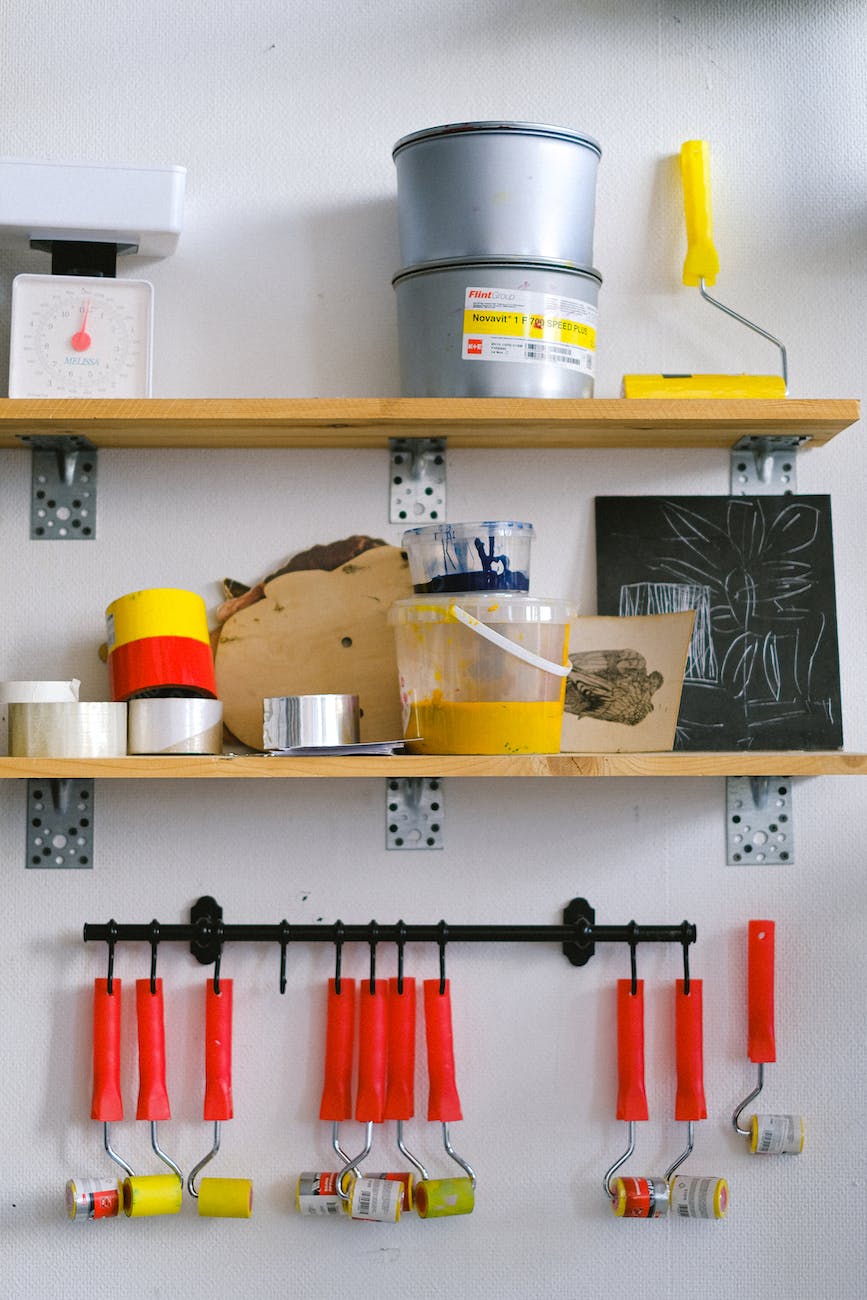
You should maintain the quality of your craft paints by storing them in a designated paint storage unit. A rotating organizer like the Craft Smart Paint Storage Spinner is an ideal choice. These units assist in organizing your paints for easy access and help in keeping them dry, which is crucial for preserving their quality.
Plydolex Army Painter
The Plydolex Army Painting Rack is a great storage solution and can store a variety of art supplies. It can store up to 74 paint bottles and 14 paint brushes. The organizer’s solid wood construction makes it durable and will last for many years. The Plydolex army painting wooden paint storage rack is a better option if you need a permanent solution to your paint and art supplies.
The right size Plydolex army paint rack is crucial. There are many sizes available so that you don’t run out paint storage space. The large holes make it easy to store larger bottles of paint, while the smaller holes can hold smaller ones.
The corner Plydolex storage rack for paint has 18 large holes to hold larger paint bottles. You can also use the fourteen smaller holes to store dropper-style paint containers. The rack’s design makes it easy to find paints and keeps them organized.
Citadel army painter
Dropper bottles are a great option for those looking to store their Citadel army colors. Dropper bottles work better than pots, and they will keep your paints from leaking, especially if your cat likes to mess up whenever he can. This paint storage solution has another advantage: It is compact. The 5mm thick PVC is light, waterproof, anti-corrosion and water-resistant. Although it is an excellent storage solution, it may not be compatible with all paints.
The Citadel paint set includes 48 pots of paint in three ranges: Shade, Layer, and Base. A sturdy plastic box holds two racks of twenty-one paints each. The lid has a handy tray that makes it easy for you to pick up and place the paints after use.
Citadel provides a paint storage system that is suitable for army painters. Modular design of the paint station allows you to store 30 different paints. The kit also comes with 7 paint brushes and a water bottle. The package also contains a painting guide. It is important to note that Citadel paint storage units may not be the only option on the market.
Citadel army paints are available in many gaming shops around the world. However, messy paints can result from pouring the paint into the pot. The paints will dry quicker if this is done. This is not recommended to paint large buildings or vehicles. This can cause more mess and dry paints faster.
- About the Author
- Latest Posts
Introducing Charles, the Editor in Chief at ByRetreat, whose passion for interior design and editorial excellence elevates every remote workspace to new heights. With his keen eye for detail, impeccable taste, and expertise in design, Charles brings a wealth of knowledge and creativity to the ByRetreat team.
As the Editor in Chief of a renowned lifestyle blog, Charles has honed his skills in curating captivating content and staying up-to-date with the latest trends in interior design. His deep understanding of aesthetics and the power of storytelling through design enables him to create remote workspaces that are not only visually stunning but also rich in personality and meaning.
Beginners Guides
How to Distress Your Kitchen Cabinets With Chalk Paint
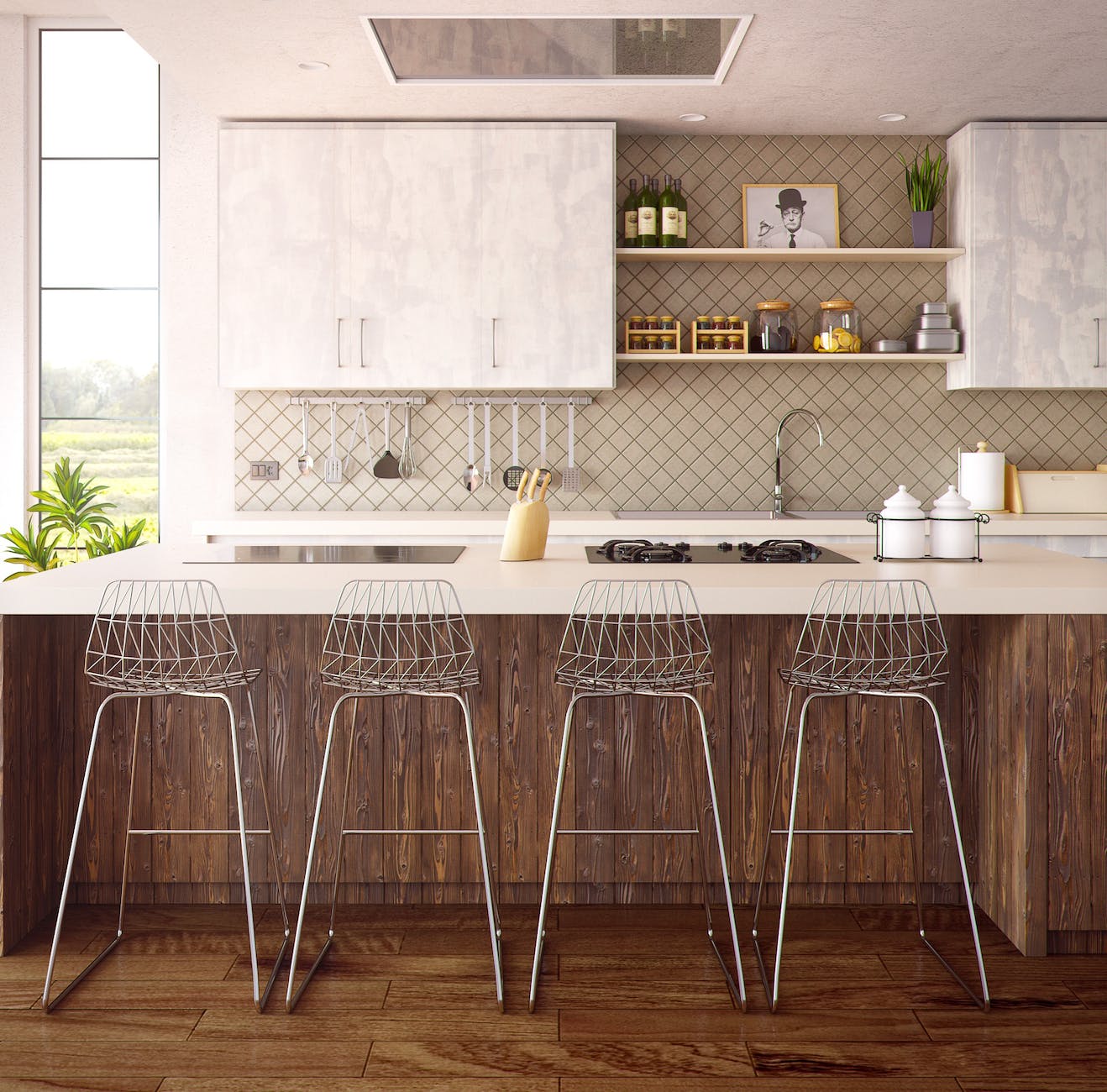
Chalk paint is the top option for achieving a distressed look on your kitchen cabinets. This environmentally-friendly, low VOC paint is simple to clean and can be applied with a sprayer or brush in a variety of colors.
You can distress your kitchen cabinets with chalk paint

You can distress your kitchen cabinets with Chalk Paint. This is a great method to update your kitchen decor. Chalk paint is a special type of flat paint that sticks to almost all surfaces. After the painting is complete, you’ll need to apply a protective coat. Varathane Water-based Top Coat Matte is an option to achieve a matte look.
Preparing your cabinets for painting is important. Wash them with soap and water before you start. If you find any areas that are not showing through, spot-priming might be required. You will need to paint two to three coats. To achieve distressed effects, you can layer more than one colour.
You can distress your kitchen cabinets using chalk paint to give them a matte finish. However, you should seal them with a protective wax. It will protect them from staining or scratching. This protects paint but needs to be maintained. Wax is not heat resistant so you may need to reapply it occasionally.
Preparation
Before you paint your kitchen cabinets with chalk paint, it is important to prepare them. The paint will dry completely in approximately two weeks. Before applying the second coat, it is important that the first coat has dried completely. You can seal the paint with a lacquer, or clear wax if you prefer a traditional mellow finish.
Clean the surface before you begin chalk paint kitchen cabinets preparation. Although you can apply the paint to almost any surface, it’s best to have a smooth one. Sand the cabinet surface before you apply the paint. Fill in any gaps. Prime any areas not covered by paint. Apply two coats or more of paint to cover the entire area. To prevent chipping, you can add a wax topcoat after the paint dries.
You may need to fill in any gouges or scratches that are deep and rough if the surface is bare. You can cover small imperfections because chalk paint is thicker and more durable than regular paint. The paint will leave a rough finish.
Dry time
It is important to understand the drying time of chalk paint before you begin to paint your kitchen cabinets. It’s likely that the first coat will be streaky, so use it as a primer before you apply the second coat.
Chalk paint can be used on kitchen cabinets easily. It is easy to transform your kitchen’s appearance without spending too much. You can select from multiple colors and apply multiple layers. To achieve a distressed look, you can also use milk paint.
You must clean your cabinets thoroughly before applying chalk paint. You can’t let the paint show through if you don’t clean your cabinets well. You can use a degreasing product to clean the cabinets. You can wipe the cabinets clean using shop cloths. Repeat this process several times.
Sealing
To ensure that chalk paint kitchen cabinets lasts a long time, it is important to seal them. You can paint your cabinets to create an elegant farmhouse appearance or practical reasons. You should sand any damaged or patched areas before applying the sealer.
To seal your cabinets, you can use wax or polycrylic. Although wax is not as durable as acrylic, it will not yellow over time. If you decide to stick with wax, you will need to apply it again every few months. If you live in an area with high traffic, polycrylic is the best choice.
To preserve the new look, seal them with clear wax or lacquer after the chalk paint has been applied. Waxes provide a warm and tactile finish. Water-based polycryics, however, are more flexible. Before applying the second coat, let the polycryics dry completely.
- About the Author
- Latest Posts
Introducing Ron, the home decor aficionado at ByRetreat, whose passion for creating beautiful and inviting spaces is at the heart of his work. With his deep knowledge of home decor and his innate sense of style, Ron brings a wealth of expertise and a keen eye for detail to the ByRetreat team.
Ron’s love for home decor goes beyond aesthetics; he understands that our surroundings play a significant role in our overall well-being and productivity. With this in mind, Ron is dedicated to transforming remote workspaces into havens of comfort, functionality, and beauty.
-
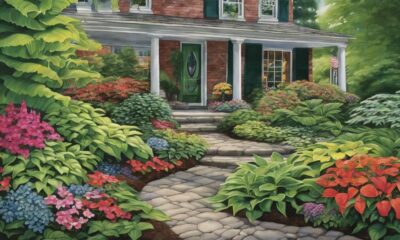
 Vetted20 hours ago
Vetted20 hours ago15 Best Plants to Thrive on the North Side of Your House – A Gardener's Guide
-
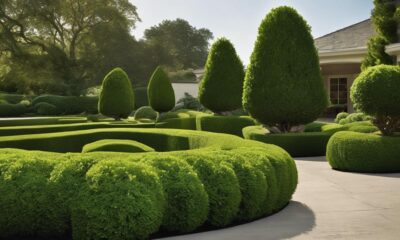
 Vetted1 week ago
Vetted1 week ago15 Best Boxwood Varieties for Thriving in Full Sunlight
-

 Vetted2 weeks ago
Vetted2 weeks ago15 Best Ways to Label Clothes for Nursing Home Residents – Stay Organized and Efficient
-
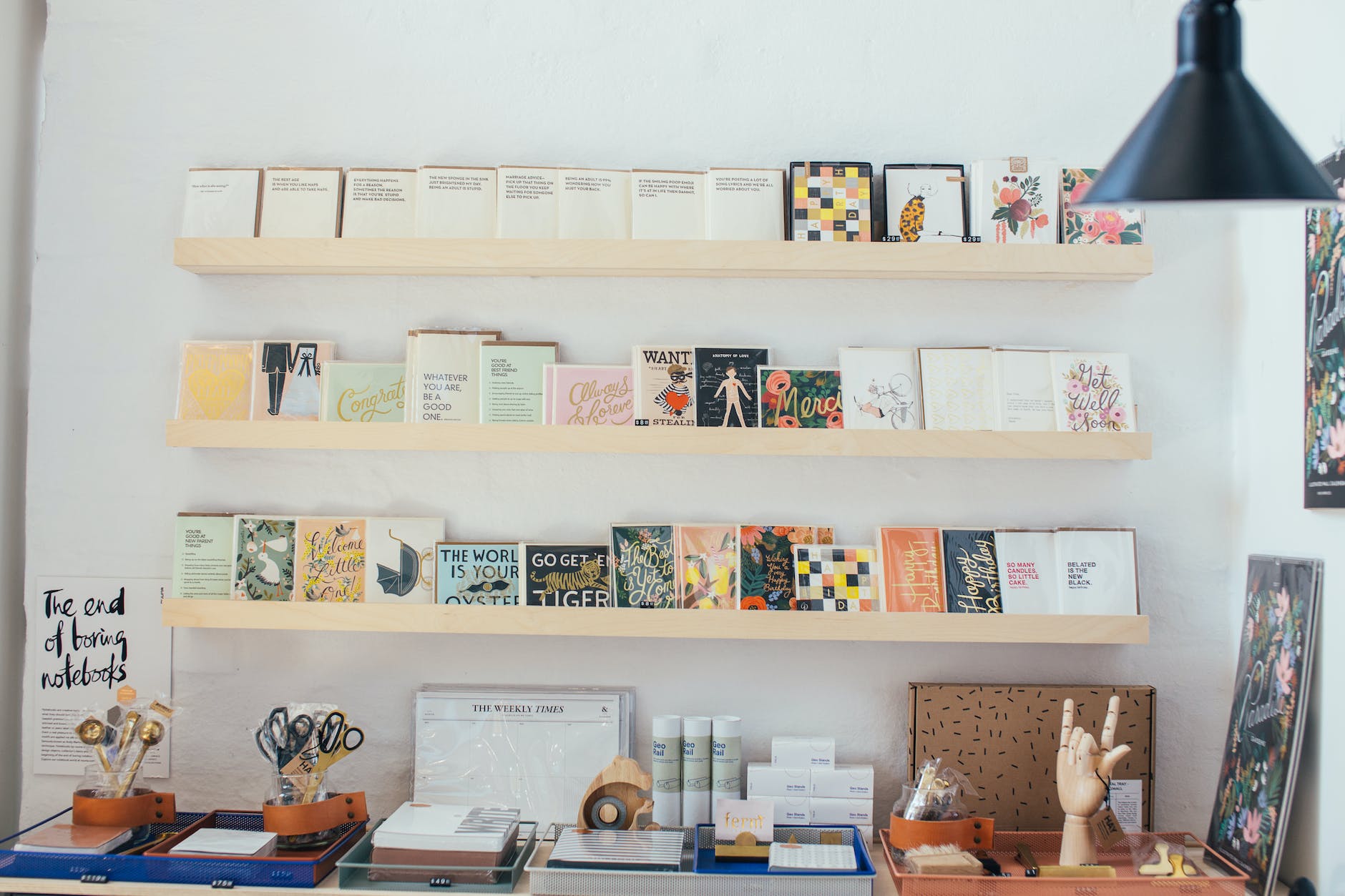
 Decor3 days ago
Decor3 days agoAre Home Decor Stores Profitable?
-

 Vetted1 week ago
Vetted1 week ago15 Best Dryer Vent Hoses to Keep Your Laundry Room Safe and Efficient
-
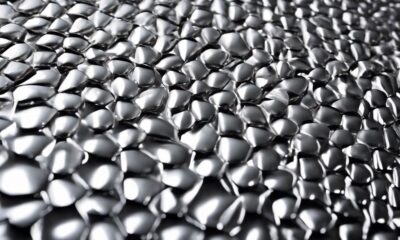
 Vetted1 week ago
Vetted1 week ago14 Best Cleaners for Aluminum Surfaces – Shine Bright Like a Diamond
-

 Vetted1 week ago
Vetted1 week ago15 Best Spider Sprays to Keep Your Home Arachnid-Free
-

 Vetted1 week ago
Vetted1 week ago15 Best Nightstand Charging Stations to Keep Your Devices Organized and Ready to Go






